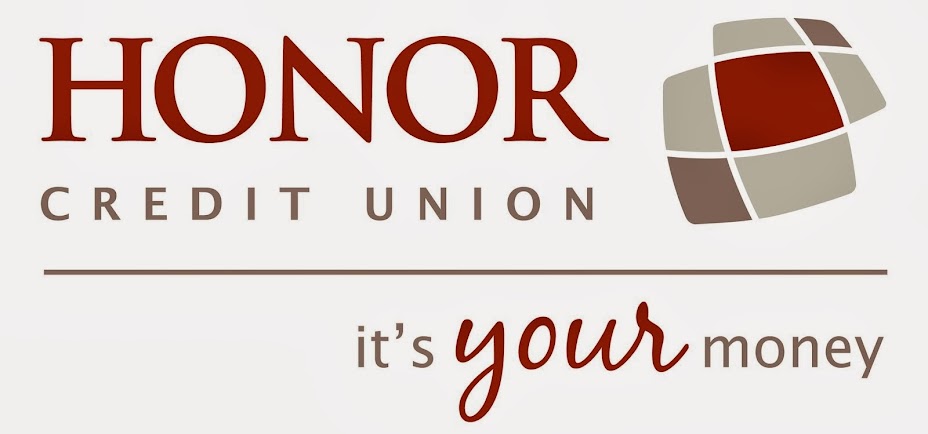Something many of us still have trouble with when budgeting
is curbing our frivolous spending and remembering to pay ourselves first! But these are crucial steps towards reaching a goal of personal
financial success. To get a leg up on your finances for 2016, start by finishing
2015 with a big financial bang!
Follow these steps:
1. Start automated payments (if you haven’t already!)
- If you’re a spender, not a saver, and have trouble making your payments every month because of this, start automatic payments. This way, your payments are made on time, and you find your credit score going up while your frivolous spending and loan amounts go down
2. Get a financial advisor
- Not everybody is money savvy, but everyone is responsible for their own money. Call up your local credit union and begin talks with a financial advisor. They can help you ensure your future financial success.
3. Create small, specific,
yet achievable, savings goals
- Make SMART goals (Specific, Measurable, Accurate, Realistic, Time-bound). Be sure you KNOW what you are saving for (pay off a credit card, save for a trip, etc.) as this makes it easier to attain your goals.
4. Ditch those Friday
nights OUT with friends, and opt for Friday nights IN
- People are more likely to spend if their friends are spending. Eliminate the problem by avoiding those spending traps by opting to stay in, instead of going out.
Keeping your finances in check can be easy as pie, if you put your mind to it. Keep your money on your mind, and you’ll see your nest egg grow as a result!
Don’t forget to follow us on twitter @honorcu and let us know
what you want to hear about next week using #askhonorcu!
To listen to Y-Country's Mark Durocher and Honor Credit Union's Scott McFarland talk about having your best financial year yet, click on the Mason Jar Monday episode below!
To listen to Y-Country's Mark Durocher and Honor Credit Union's Scott McFarland talk about having your best financial year yet, click on the Mason Jar Monday episode below!











